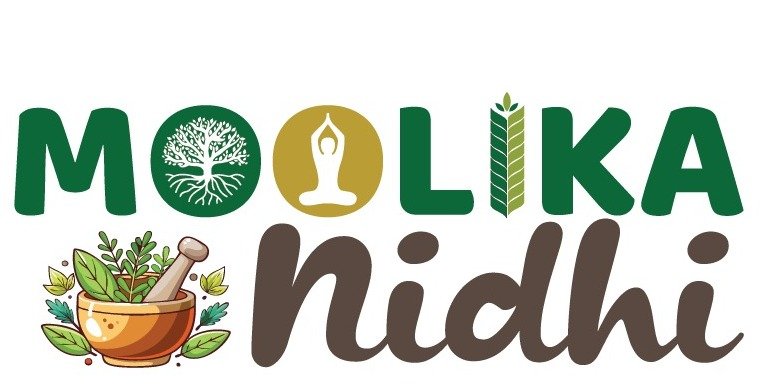Practicing mindfulness and stress relief techniques is essential for maintaining mental and emotional well-being. Mindfulness helps you stay present, reducing anxiety and improving focus in daily life. Techniques such as meditation, deep breathing, and yoga calm the mind and balance emotions. Regular mindfulness practice can lower stress hormones, enhance sleep quality, and boost overall resilience. Incorporating short mindful breaks during work or study helps refresh your energy and maintain productivity. Journaling, nature walks, and mindful eating are simple yet effective ways to practice awareness. Managing stress proactively prevents burnout and supports long-term health. Mindfulness also encourages positive thinking, patience, and emotional regulation. By cultivating inner peace, you improve relationships and enhance life satisfaction. Ultimately, combining mindfulness with stress-relief strategies creates a calmer, healthier, and more balanced lifestyle.
Understanding Mindfulness
Mindfulness is the practice of being fully present in the moment, observing your thoughts, emotions, and surroundings without judgment. It helps you become more aware of your reactions and reduces automatic stress responses. Daily mindfulness exercises, such as deep breathing or guided meditation, can improve focus and emotional resilience. Practicing mindfulness allows you to respond calmly rather than react impulsively to challenges. Over time, it promotes mental clarity and a sense of inner peace. Even a few minutes each day can make a significant difference. Mindfulness encourages a balanced and harmonious approach to life.
Deep Breathing Techniques
Deep breathing is a simple yet powerful tool for stress relief and relaxation. Slow, controlled breaths stimulate the body’s relaxation response, lowering heart rate and blood pressure. Techniques like diaphragmatic breathing or box breathing help calm the mind and improve oxygen flow. Incorporating deep breathing into daily routines reduces tension and anxiety naturally. It can be practiced anywhere — at work, home, or during travel. Consistent practice strengthens resilience against stress triggers. Over time, deep breathing enhances both mental and physical well-being.
Meditation for Stress Reduction
Meditation is an effective method to reduce stress, promote relaxation, and enhance self-awareness. Regular meditation practice can lower cortisol levels, improve sleep, and increase emotional balance. Even short sessions, from 5 to 20 minutes, can have profound effects on mental clarity and focus. Meditation encourages a non-judgmental perspective, helping you detach from negative thoughts. It can be guided, silent, or focused on breath or visualization techniques. Consistency is key to experiencing long-term benefits. Meditation nurtures calm, focus, and emotional stability in everyday life.
Mindful Movement and Yoga
Physical activity combined with mindfulness can significantly reduce stress and enhance mental well-being. Yoga, tai chi, or simple stretching exercises help release tension, improve flexibility, and promote body awareness. These practices synchronize breath with movement, fostering relaxation and focus. Mindful movement encourages the mind to stay present while improving circulation and energy levels. Even a short daily session can improve mood and resilience. Over time, it cultivates a stronger connection between mind and body. Integrating movement into your routine supports both mental and physical health.
Creating a Stress-Free Environment
Your surroundings play a crucial role in managing stress and promoting mindfulness. Organizing your space, reducing clutter, and incorporating calming elements like plants or soft lighting can create a soothing environment. Limiting noise, minimizing distractions, and dedicating a space for relaxation or meditation enhances mental clarity. Aromatherapy, soft music, or natural scents can further promote calmness. A well-designed, mindful environment encourages focus, reduces anxiety, and nurtures creativity. Small changes in your surroundings can have a lasting impact on stress levels. A harmonious space supports daily mindfulness practices and overall well-being.

